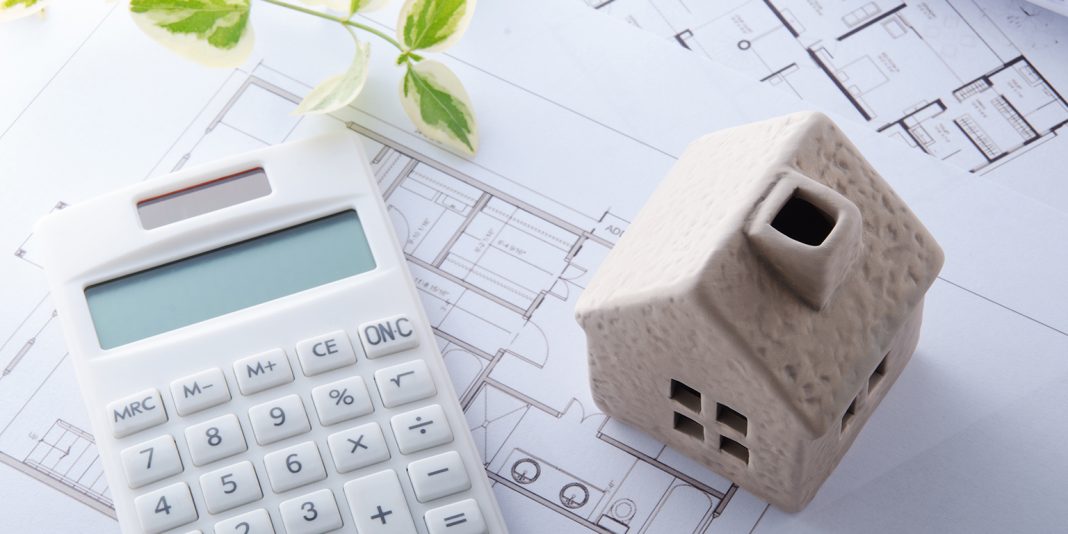A voluntary rental housing WOF is being introduced in Wellington, as well as a free app to let tenants check how health and safe their houses are for themselves.
Mayor Justin Lester yesterday announced the scheme, which is part of a partnership between Wellington City Council (WCC) and public health experts from the University of Otago, Wellington.
It’s the first official rental WOF (warrant of fitness) in New Zealand, although it’s not mandatory for landlords to meet the standards.
Mayor Lester said the free app that was part of the scheme meant tenants and landlords could check for themselves if a house met minimum health standards.
Landlords could then request a full inspection if they wanted to be professionally certified as meeting the standard.
“This will give landlords the chance to promote their house as being warm and dry, and give prospective renters an assurance the home they are looking to live in meets the standard,” said Lester.
“All available analysis strongly indicates that improved quality of housing leads to improving health, social, and financial outcomes.”
Funding from the University of Otago, Wellington, will cover the cost of developing the app.
Landlords will be able to book a $250 Rental Warrant of Fitness inspection through the WCC website from August 28.
If the house fails the assessment, it can be re-booked for a free second assessment within six months.
Philippa Howden Chapman, professor of public health, University of Otago, Wellington, said that Wellington’s scheme was the first in the country.
“It focuses on areas of the home that we know have the greatest chance of improving the occupants’ health,” she said.
“I urge landlords to get behind this and use it as a tool to raise the level of their property to a minimum standard.”
Victoria University of Wellington Student Association president Rory Lenihan-Ikin said today’s announcement was a welcome first step, but he believed it would become mandatory within the next three years.
He said the Wellington rental market was so tight that tenants currently had to take whatever house they could get.
But he saw the voluntary system as a way to iron out any kinks before bringing in a compulsory scheme.
“There really does need to be a mandatory system that ensures rentals are warm, safe and dry, in the same way that a café owner needs to get a health rating from the council to sell food that comes out of their kitchen,” Lenihan-Ikin said.
Renters United spokesperson Robert Whitaker said a compulsory WOF system could be brought in after the council trialled the voluntary system, or as a national scheme run by the Government.
“These are really minimum standards. Every house in New Zealand should be meeting them.”
But the announcement might not be greeted so warmly by landlords.
Property Investors’ Federation executive officer Andrew King said they were against any form of rental Warrant of Fitness.
Council will consider the partnership for approval at the City Strategy Meeting of 24 August, before launching it on 28 August.
Wellington WOF standards
• Is there a functional, safe stove-top and oven?
• Is there adequate space for food preparation and storage?
• Is there an adequate supply of hot and cold potable water?
• Is the hot water at the tap running 55°C?
• Is there a functional toilet, which does not have a cracked or broken seat, cistern or bowl?
• Is there a suitably located bath or shower in good working order?
• Are there secure or high-level cupboards or shelves for storing hazardous or toxic substances out of children’s reach?
• Is there a adequate form of safe and effective space heating?
• Do the bathroom, kitchen and all bedrooms have some form of ventilation to outside?
• Is the house reasonably free of visible mould, i.e. the total area of mould is less than an A4 sheet of paper?
• Are power outlets, light switches and wiring safe and in good working order?
• Is there adequate indoor lighting?
• Does the house have adequate working smoke alarms?
• Have the windows got effective latches?
• Do high-level windows have security stays to prevent falls?
• Are there curtains or blinds in the bedrooms and living area?
• Do glass doors have safety visibility strips?
• Does the house have ceiling insulation to WOF standards?
• Does the house have underfloor insulation to WOF standards?
• Is a ground vapour barrier installed under the ground floor?
• Is the house weathertight with no evident leaks, or moisture stains on the walls or ceiling?
• Is the house in a reasonable state of repair?
• Is the storm and waste water drainage being adequately discharged?
• Is there any water ponding under the house?
• Is there adequate outdoor lighting near entrance ways?
• Does the house appear to be structurally sound?
• Are there handrails for all internal stairs and all outdoor steps that access the house, and do balconies/decks have balustrades to the current Building Code?
• Is the address clearly labelled and identifiable?
• Are there securely locking doors?






















